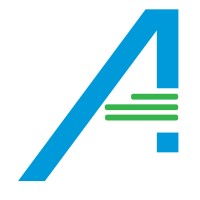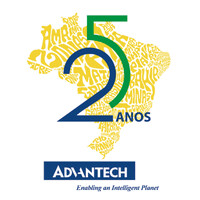
Rackapps
RackApps partners with Software companies and mutually develops optimum appliances (Apps). The design of the bare metal works around the efficiency of performance, price, global support, and power usage. Rackapps is the data-center/office Appliance manufacturing division of ASA Computers. At Rackapps, we have assembled a team of Software and hardware engineers to make life simpler for people who buy specialty software for use in their daily work environment. We take “off the shelf parts” and make a branded appliance. This enables the apps to be easily upgraded or serviced.






